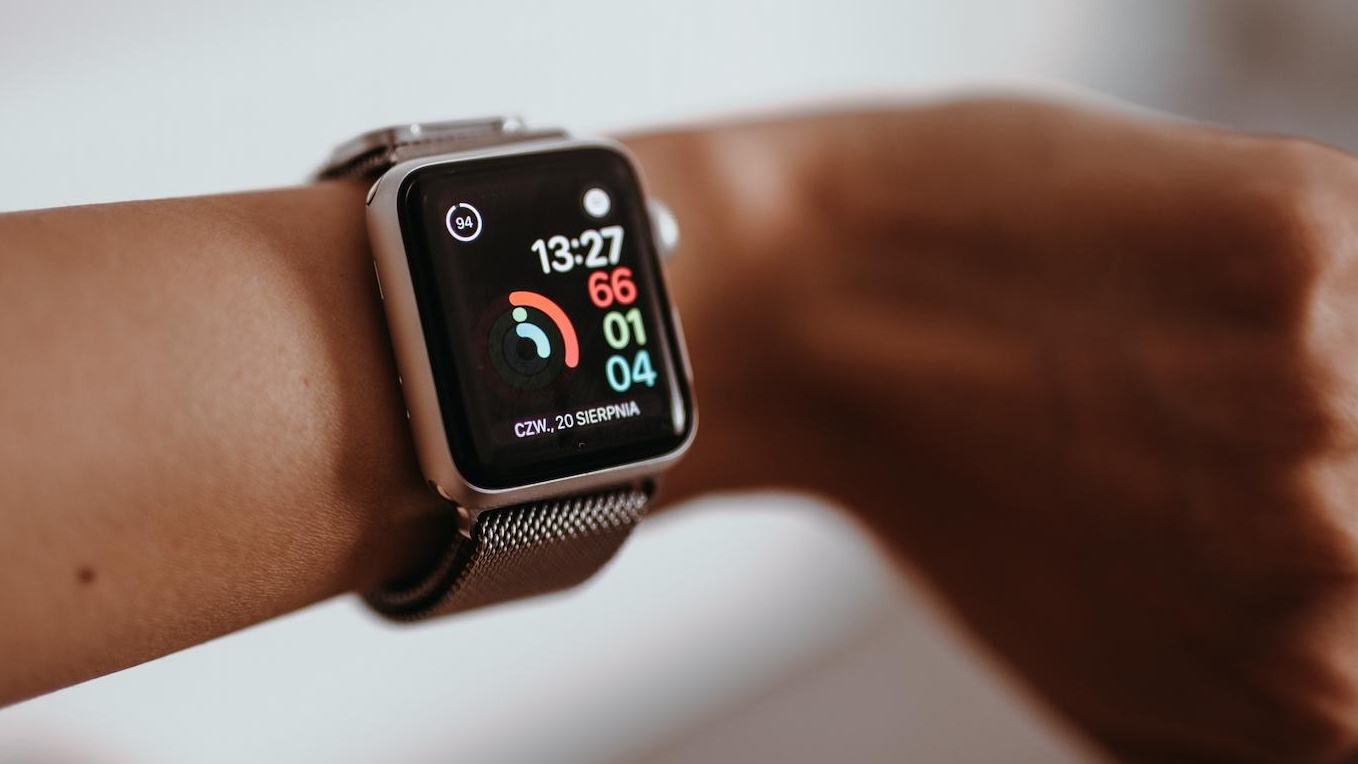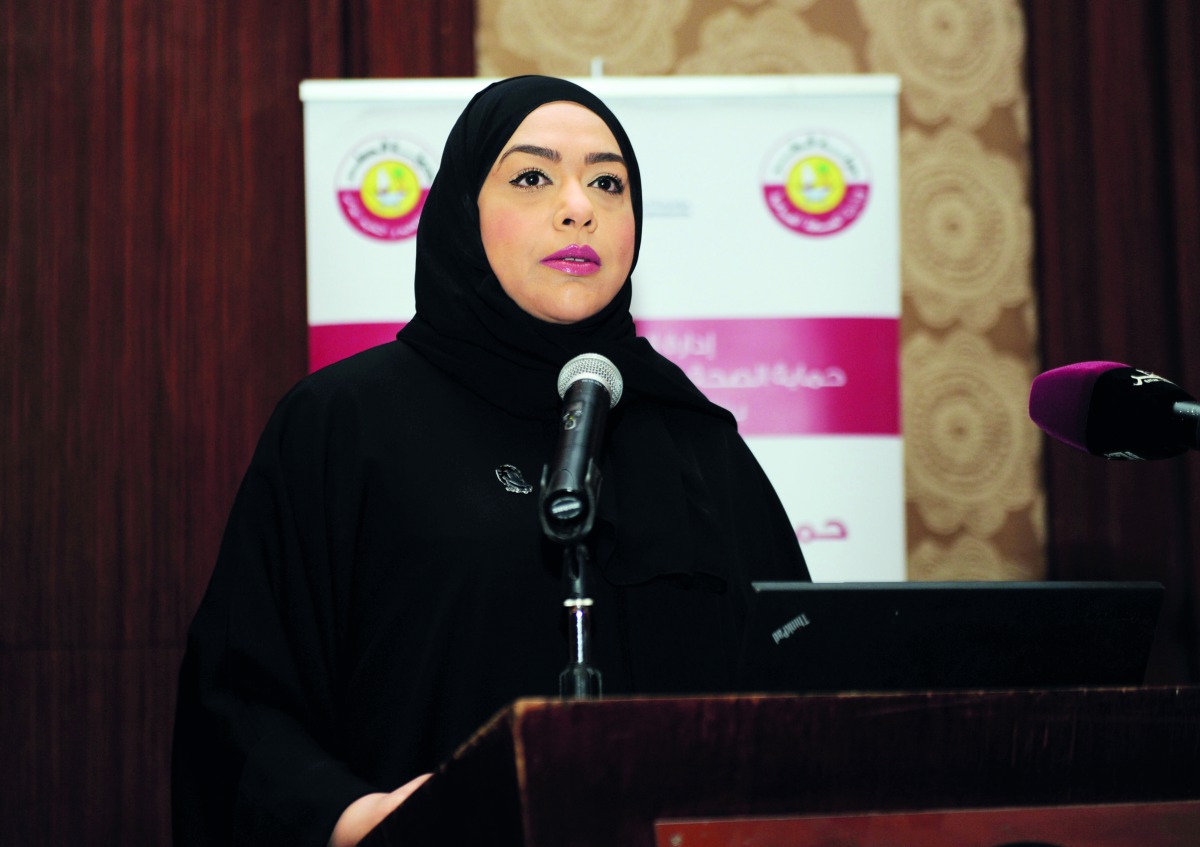[ad_1]
SIHA is an AI-based approach for chronic disease management, and is the latest of innovative solutions to come out of Qatar Foundation.
Researchers at the Qatar Computing Research Institute have developed an eHealth platform called System for Integrated Lifestyle Health Analytics (SIHA) that can analyse data from ‘wearables’ for clinical purposes.
This wearable data is particularly valuable for monitoring conditions that demand a lifestyle change, such as diabetes or cardiovascular disease.
HOW DOES IT WORK?
“What these models do is predictive analysis. For example, the team is currently working on a model which will use wearable data and data from diabetic patient’s continuous glucose monitor (CGM) to predict the occurrence of hypoglycaemia (low blood sugar) before it happens and can send intelligent notifications to the user to take corrective actions,” said Syed Moosavi, a software engineer at QCRI and a member of the SIHA development team.
The platform performs the needed processes for health data collection, storage, analysis, and visualisation.
SIHA is also currently available for licensing with copyright. “Lifestyle data captured by wearables can be particularly useful in chronic disease management, but the challenge has been that clinicians don’t have a way to access it,” said Ummar Abbas, a senior software engineer at Qatar Computing Research Institute (QCRI).
According to the researchers, to keep track of patient information, most hospitals and clinics utilise Electronic Health Record (EHR) systems. However, the EHR-based systems have yet to incorporate data from wearables.
While devices were never intended to replace medical treatment, the boundary between the two has started to blur as sensors and Artificial Intelligence (AI) have become increasingly advanced and continue to improve.
“It doesn’t happen anywhere in the world and the reason for that being most consumer-based wearable devices are not Food and Drug Administration (FDA) approved, this is slowly beginning to change though,” said Abbas.
The value that data from smartwatches could potentially bring is growing exponentially, particularly due to the FDA’s clearance of more features. Recognising that value is what led to the development of SIHA, which works alongside EHR systems.
The platform primarily requires users’ consent to gather their data, after which they are instructed to download an app to their phone, which then pulls the data from their device and transfers it to SIHA’s cloud, which is located in Qatar, where it is stored in a safe encrypted database.
However, while the process may seem simple to onlookers, the researchers state that its much more complicated than that as the way different wearables collect and store data differs. “Some wearables upload the data to their cloud; others store it on the device itself,” said Abbas.
Another difficulty is that each device has its own data format and collection frequency, therefore the team’s initial task would be to harmonise data formats from various brands and present clinicians a single interface for them all.
Thanks to SIHA, data is also being utilised to construct and train AI models in addition to being used by clinicians to devise treatment plans and track lifestyle changes.
Because credibility is a common concern with wearables, the team has been very selective in which devices it supports. It currently only works with Apple, Google, Fitbit, Huawei, and Withings wearables.
Wearables are set to play a crucial part in precision health, with the global wearable market predicted to soar to about $115 billion by 2028, thanks to their widespread adoption and increased access to patient data.
[ad_2]
Source link

















Leave a Reply